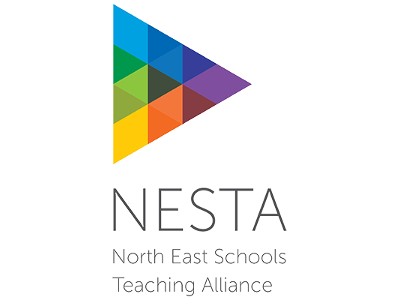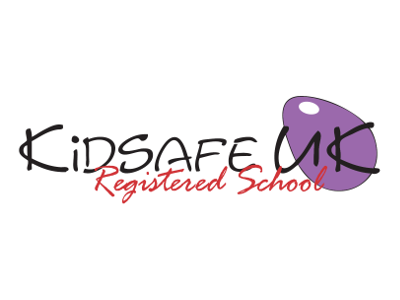History – Year 6
Download
Download our Year 6 History curriculum here.
Chronological Understanding
|
Knowledge and Interpretation
|
Historical Enquiry
|
- Can they say where a period of history fits on a timeline?
- Can they place a specific event on a timeline by decade?
- Can they place features of historical events and people from past societies and periods in a chronological framework?
|
- Can they summarise the main events from a specific period in history, explaining the order in which key events happened?
- Can they summarise how Britain has had a major influence on world history?
- Can they summarise what Britain may have learnt from other countries and civilizations through time gone by and more recently?
- Can they describe features of historical events and people from past societies and periods they have studied?
- Can they recognise and describe differences and similarities/ changes and continuity between different periods of history?
|
- Can they look at two different versions and say how the author may be attempting to persuade or give a specific viewpoint?
- Can they identify and explain their understanding of propaganda?
- Can they describe a key event from Britain’s past using a range of evidence from different sources?
|
Purpose of study
|
Pupils should continue to develop a chronologically secure knowledge and understanding of British, local and world history, establishing clear narratives within and across the periods they study. They should note connections, contrasts and trends over time and develop the appropriate use of historical terms. They should regularly address and sometimes devise historically valid questions about change, cause, similarity and difference, and significance. They should construct informed responses that involve thoughtful selection and organisation of relevant historical information. They should understand how our knowledge of the past is constructed from a range of sources and that different versions of past events may exist, giving some reasons for this.
In planning to ensure the progression described above through teaching the British, local and world history outlined below, teachers should combine overview and depth studies to help pupils understand both the long arc of development and the complexity of specific aspects of the content.
|
Aims
|
A non-European society – one study chosen from:
- Early Islamic civilization, c. AD 900;
- Mayan civilization c. AD 900;
- Benin c. AD 900-1300.
A study of an aspect or theme in British history extends chronological knowledge beyond 1066 For example:
- The changing power of monarchs using case studies such as John, Anne & Victoria
- Changes in an aspect of social history, such as crime and punishment from the Anglo-Saxons to the present or leisure and entertainment in the C.20th
- The legacy of Greek or Roman culture (art, architecture or literature) on later periods in British history, including the present day
- A significant turning point in British history, e.g. the first railways or the Battle of Britain
|
Possible topic:
Survival |
Possible topics:
Changing Power of Monarchs |
Possible topics: |











